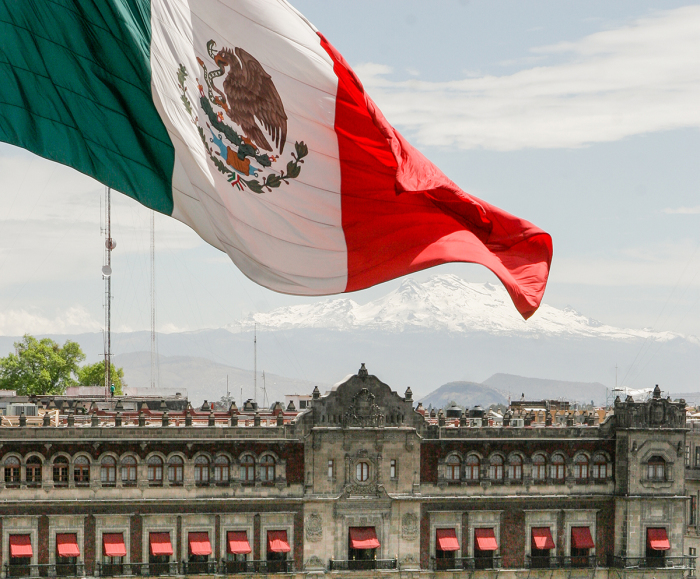No resolution for Protestant families in Mexico after 50 days of displacement

Fifty days have passed since the displacement of over 150 Baptist Protestants in Mexico’s Hidalgo State with no significant government action to address the injustices faced by this religious minority, says a U.K.-based international Christian group.
The 150 members of the Great Commission Fundamental Baptist Church in the municipality of Huejutla de Reyes, including more than 70 children and infants, were forcibly removed from their homes in the villages of Rancho Nuevo and Coamila by local Catholic community leaders on April 26, according to Christian Solidarity Worldwide, which says local authorities have effectively ignored their plight despite the guarantees of religious freedom under Mexican law.
The sequence of events leading to the displacement involved the cutting off of electricity, vandalism of the Protestant church and blocking access to homes, culminating a decade of religious freedom violations, CSW said in a statement.
Initially sheltered in a municipal building, the displaced families were subsequently moved to a sports complex, highlighting the transient nature of their accommodation and the lack of permanent solutions.
The inaction of local government officials has been stark. Sources close to the matter have indicated that the municipal government has distanced itself, advising the displaced to acquiesce to the demands of Catholic leaders, which include punitive fines based on the duration of their Protestant faith, now totaling an exorbitant 750,000 MXN (roughly $40,000).
Margarita Cabrera Román, the newly appointed Hidalgo State Director of Religious Affairs, returned to the state capital, Pachuca, after failing to resolve the situation, allegedly dismissing it as a mere neighborhood dispute without acknowledging its religious underpinnings, CSW said. Municipal officials have also suggested that the community resolve the issues independently.
In the recent national election, the outgoing municipal administration expressed disinterest in resolving the conflict, anticipating a transition in October. No municipal government in Huejutla de Reyes has addressed violations of freedom of religion or belief in the past two decades, despite frequent incidents, CSW noted.
Anna Lee Stangl, CSW’s Head of Advocacy, criticized the local and state governments for their passivity and denial of the religious discrimination at play. She urged the federal government to intervene and ensure accountability through the justice system.
Stangl also appealed to the incoming presidency of Claudia Sheinbaum to prioritize the protection of religious freedoms.
Rancho Nuevo and Coamila, predominantly Nahuatl-speaking indigenous communities, are governed under traditional “Uses and Customs,” which should align with national and international human rights laws. However, enforcement is lax, leading to frequent FoRB violations.
Incidents of violence and persecution against the Protestant minority in these villages have been ongoing.
In December 2022, a church member was hospitalized in critical condition after being tied to a tree and beaten by village leaders, according to a previous report by CSW. Other community members have faced arbitrary detention, beatings, denial of medical care, job dismissals, blocked access to burial sites, and land confiscation. Since 2018, religious minority children have been barred from attending the local school.
Recently, in March, Pastor Rogelio Hernández Baltazar and other church leaders were arbitrarily detained for 48 hours. In early April, village leaders sanctioned the takeover of five plots of land belonging to church members, destroying crops and removing stones.
If the state government refuses to protect the rights of religious minorities, the federal government must intervene, Stangl said earlier, adding that the government must address the culture of impunity that allows such violations to go unchecked, ensuring families can practice any religion or belief without facing illegal fines or pressure to renounce their beliefs.
The persecution of Christians in Mexico has risen due to various factors, including drug cartel violence, traditionalist Catholic practices and discrimination by anti-Christian groups. Open Doors USA has reported an increase in such incidents, with Mexico rising in rank on its World Watch List.
Traditionalist Catholics often persecute Mexican Christians, Open Doors USA President and CEO David Curry told The Christian Post in an earlier interview. In this way, they resemble many small, rural groups of people practicing ancient folk religions around the world. Open Doors calls this kind of persecution “clan violence.”




























